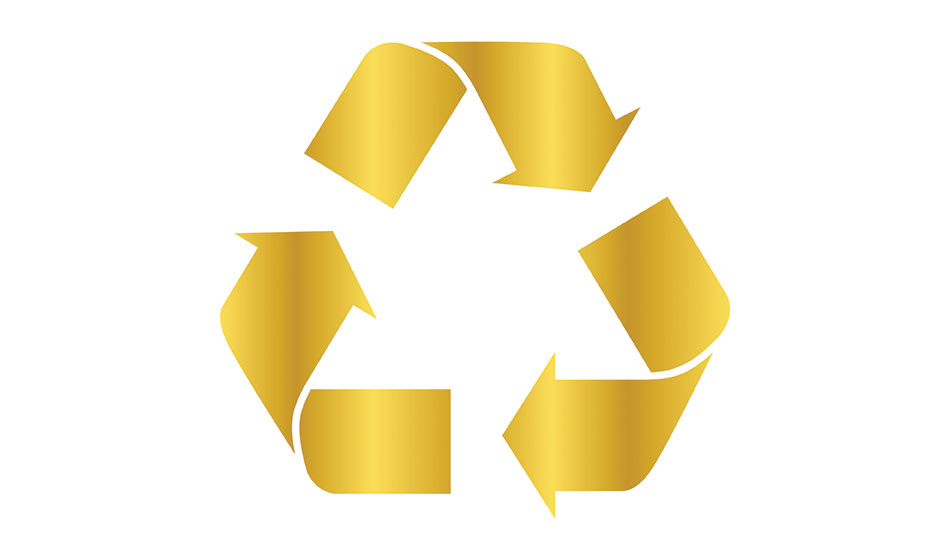Nov 6 2009

veronchick_84 / Shutterstock
Although the production and use of electronic equipment have been gradually increasing in the last few years, the lifespan of various electronic devices is declining. These trends have now merged to create ever-increasing volumes of “e-scrap” or electronic waste.
Several countries have made important legislative changes to manage these material streams, such as the European Union’s 2003 directive on “Waste electrical and electronic equipment (WEEE).” This directive was drafted to make sure that a growing proportion of electronic waste is recycled. Considering the use of gold in electronics, this approach offers an increased potential to recycle gold from this electronic scrap stream.
The Value of Gold Contained in Waste Electronic Goods
Global e-Sustainability Initiative (GeSI) and the Electronics Industry Citizenship Coalition (EICC) have now published a Joint Study on Metal Extraction. This study covers the sources of metals utilized in electronic items, as well as the human rights, environment, and labor conditions related to the extraction of these metals.
From the report, it is evident that the value of gold included in waste electronic goods is a crucial component in the economic case for recycling e-waste. For instance, cell phones may generally contain precious metals worth about a dollar, comprising mostly of gold. Without this gold recovery, it is almost certain that the economic basis for recycling would be less robust.